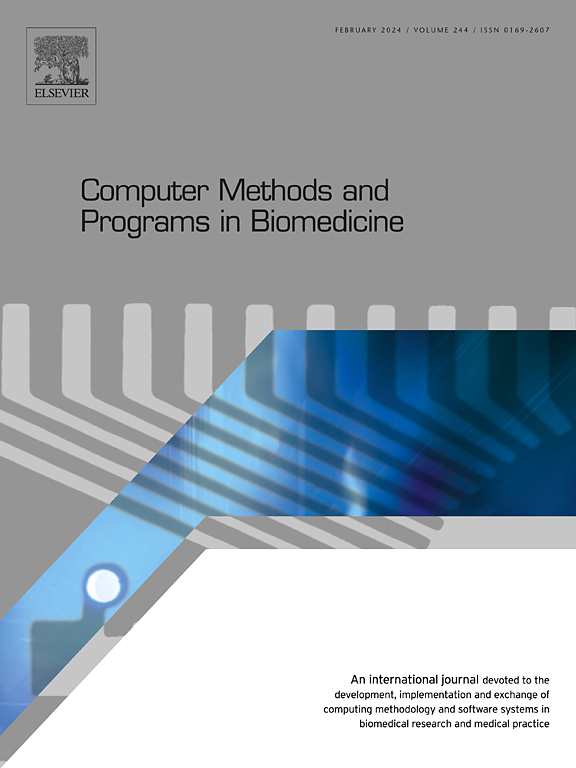Federated Learning in radiomics: A comprehensive meta-survey on medical image analysis
IF 4.9
2区 医学
Q1 COMPUTER SCIENCE, INTERDISCIPLINARY APPLICATIONS
引用次数: 0
Abstract
Federated Learning (FL) has emerged as a promising approach for collaborative medical image analysis while preserving data privacy, making it particularly suitable for radiomics tasks. This paper presents a systematic meta-analysis of recent surveys on Federated Learning in Medical Imaging (FL-MI), published in reputable venues over the past five years. We adopt the PRISMA methodology, categorizing and analyzing the existing body of research in FL-MI. Our analysis identifies common trends, challenges, and emerging strategies for implementing FL in medical imaging, including handling data heterogeneity, privacy concerns, and model performance in non-IID settings. The paper also highlights the most widely used datasets and a comparison of adopted machine learning models. Moreover, we examine FL frameworks in FL-MI applications, such as tumor detection, organ segmentation, and disease classification. We identify several research gaps, including the need for more robust privacy protection. Our findings provide a comprehensive overview of the current state of FL-MI and offer valuable directions for future research and development in this rapidly evolving field.
放射组学中的联邦学习:医学图像分析的综合元调查
联邦学习(FL)已成为一种有前途的协作医学图像分析方法,同时保护数据隐私,使其特别适合放射组学任务。本文提出了一个系统的荟萃分析,最近的调查在医学成像联邦学习(FL-MI),发表在著名的场所在过去的五年。我们采用PRISMA方法,对FL-MI现有的研究进行分类和分析。我们的分析确定了在医学成像中实施FL的共同趋势、挑战和新兴策略,包括处理数据异质性、隐私问题和非iid设置中的模型性能。本文还强调了最广泛使用的数据集和采用的机器学习模型的比较。此外,我们还研究了FL框架在FL- mi应用中的应用,如肿瘤检测、器官分割和疾病分类。我们发现了几个研究空白,包括需要更强大的隐私保护。我们的研究结果全面概述了FL-MI的现状,并为这一快速发展的领域的未来研究和发展提供了有价值的方向。
本文章由计算机程序翻译,如有差异,请以英文原文为准。
求助全文
约1分钟内获得全文
求助全文
来源期刊

Computer methods and programs in biomedicine
工程技术-工程:生物医学
CiteScore
12.30
自引率
6.60%
发文量
601
审稿时长
135 days
期刊介绍:
To encourage the development of formal computing methods, and their application in biomedical research and medical practice, by illustration of fundamental principles in biomedical informatics research; to stimulate basic research into application software design; to report the state of research of biomedical information processing projects; to report new computer methodologies applied in biomedical areas; the eventual distribution of demonstrable software to avoid duplication of effort; to provide a forum for discussion and improvement of existing software; to optimize contact between national organizations and regional user groups by promoting an international exchange of information on formal methods, standards and software in biomedicine.
Computer Methods and Programs in Biomedicine covers computing methodology and software systems derived from computing science for implementation in all aspects of biomedical research and medical practice. It is designed to serve: biochemists; biologists; geneticists; immunologists; neuroscientists; pharmacologists; toxicologists; clinicians; epidemiologists; psychiatrists; psychologists; cardiologists; chemists; (radio)physicists; computer scientists; programmers and systems analysts; biomedical, clinical, electrical and other engineers; teachers of medical informatics and users of educational software.
 求助内容:
求助内容: 应助结果提醒方式:
应助结果提醒方式:


